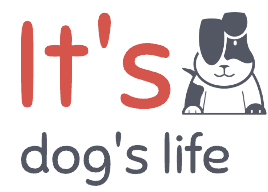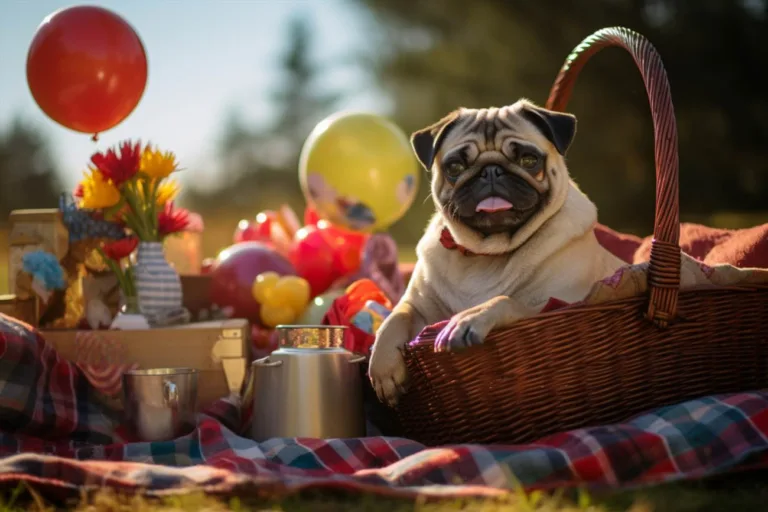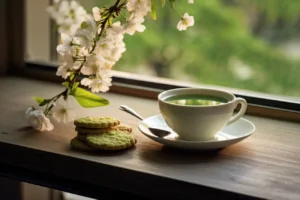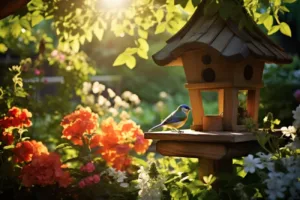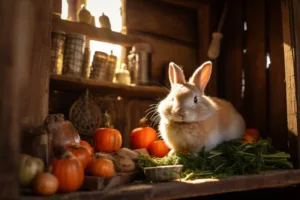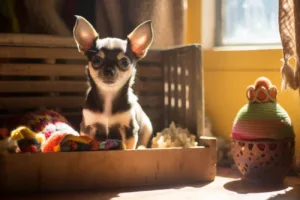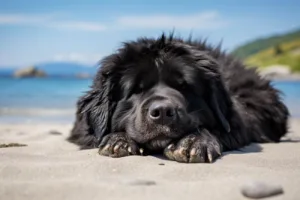When it comes to charming and affectionate canine companions, the Pug Hund stands out as a beloved breed among dog enthusiasts. With their distinctive wrinkled faces and playful personalities, Pugs have captured the hearts of many around the world. In this article, we’ll delve into the delightful world of Pug Hund, exploring their history, characteristics, and why they make fantastic pets.
The history of the pug hund
The Pug Hund, often simply referred to as the Pug, is an ancient breed with a rich history that dates back to ancient China. These charming dogs were favored by Chinese emperors during the Han Dynasty, around 206 BC to 220 AD. Pugs were highly regarded as royal companions and were often kept in the imperial palace.
These dogs eventually made their way to Europe via trading routes, where they gained popularity among European nobility, particularly in the Netherlands. In fact, Pugs even played a role in European politics when a Pug named Pompey is said to have saved the life of William the Silent, the Prince of Orange, by alerting him to an assassination attempt.
Over the centuries, Pugs became cherished pets among all social classes and found their way into the hearts of families across the globe. Their distinctive appearance and charming personalities have made them a popular breed to this day.
Pug hund characteristics
Pug Hunds are known for their unique physical features and lovable temperament. Here are some key characteristics that set them apart:
- Distinctive Appearance: Pugs are instantly recognizable thanks to their wrinkled faces, short noses, and curled tails. Their large, expressive eyes give them an endearing and somewhat comical look.
- Friendly and Sociable: Pugs are incredibly social dogs. They thrive on human companionship and enjoy being part of a family. They are known for their friendly and affectionate nature.
- Playful: Pugs have a playful and mischievous side. They love engaging in games and playtime, making them great companions for families with children.
- Low Maintenance Coat: Their short, smooth coat is easy to maintain. Regular brushing and occasional baths are usually sufficient to keep them looking their best.
Pug puppy love
One of the most enchanting aspects of Pugs is their adorable puppies. Pug puppies are incredibly cute and endearing, with their wrinkled faces and boundless energy. Here are a few things to keep in mind if you’re considering bringing a Pug puppy into your home:
- Training: Pug puppies are intelligent and can be trained with patience and consistency. Early socialization and positive reinforcement are key to raising a well-behaved Pug.
- Exercise: While Pug puppies are active, they don’t require excessive exercise. Short walks and play sessions are usually sufficient to keep them happy and healthy.
- Health Care: Regular veterinary check-ups are important to monitor the health of your Pug puppy. Be aware of potential breed-specific health issues such as respiratory problems.
Frequently asked questions about pug hunds
Are Pug Hunds good with children?
Yes, Pug Hunds are generally excellent with children. They are known for their friendly and playful nature, making them great family pets.
Do Pugs require a lot of grooming?
No, Pugs have a short, low-maintenance coat that doesn’t require extensive grooming. Regular brushing and occasional baths are usually sufficient to keep them looking their best.
What is the average lifespan of a Pug Hund?
Pugs typically have a lifespan of 12 to 15 years when provided with proper care and a healthy lifestyle.
Conclusion
In conclusion, the Pug Hund is a delightful breed that has captured the hearts of dog lovers around the world. With their charming appearance, friendly disposition, and playful personalities, Pugs make wonderful companions for individuals and families alike. Whether you’re considering a Pug puppy or adopting an adult Pug, you’re sure to find a loyal and loving friend in this remarkable breed.
Se även nedan:
